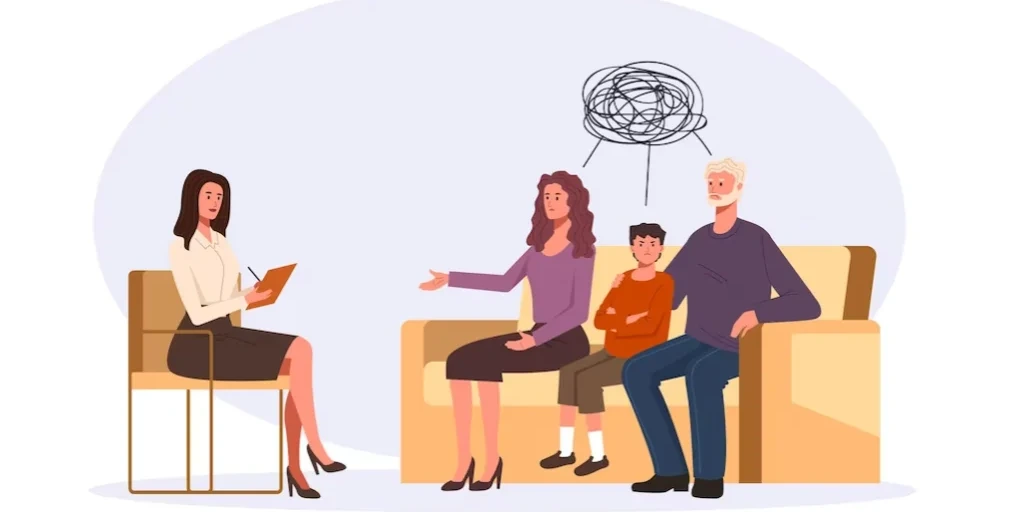24/7 Helpline:
(866) 899-221924/7 Helpline:
(866) 899-2219
Learn more about Outpatient Rehab centers in Camilla
Outpatient Rehab in Other Cities

Other Insurance Options

Evernorth

Optima

Sutter

Access to Recovery (ATR) Voucher

Ceridian

MVP Healthcare

WellPoint

UnitedHealth Group

Optum

GEHA
Beacon

Horizon Healthcare Service

MHNNet Behavioral Health

Carleon

Providence

Absolute Total Care

Ambetter

PHCS Network

Medical Mutual of Ohio

Molina Healthcare

SBZ Services Unlimited
SBZ Services Unlimited is a private rehab located in Camilla, Georgia. SBZ Services Unlimited specia...


































